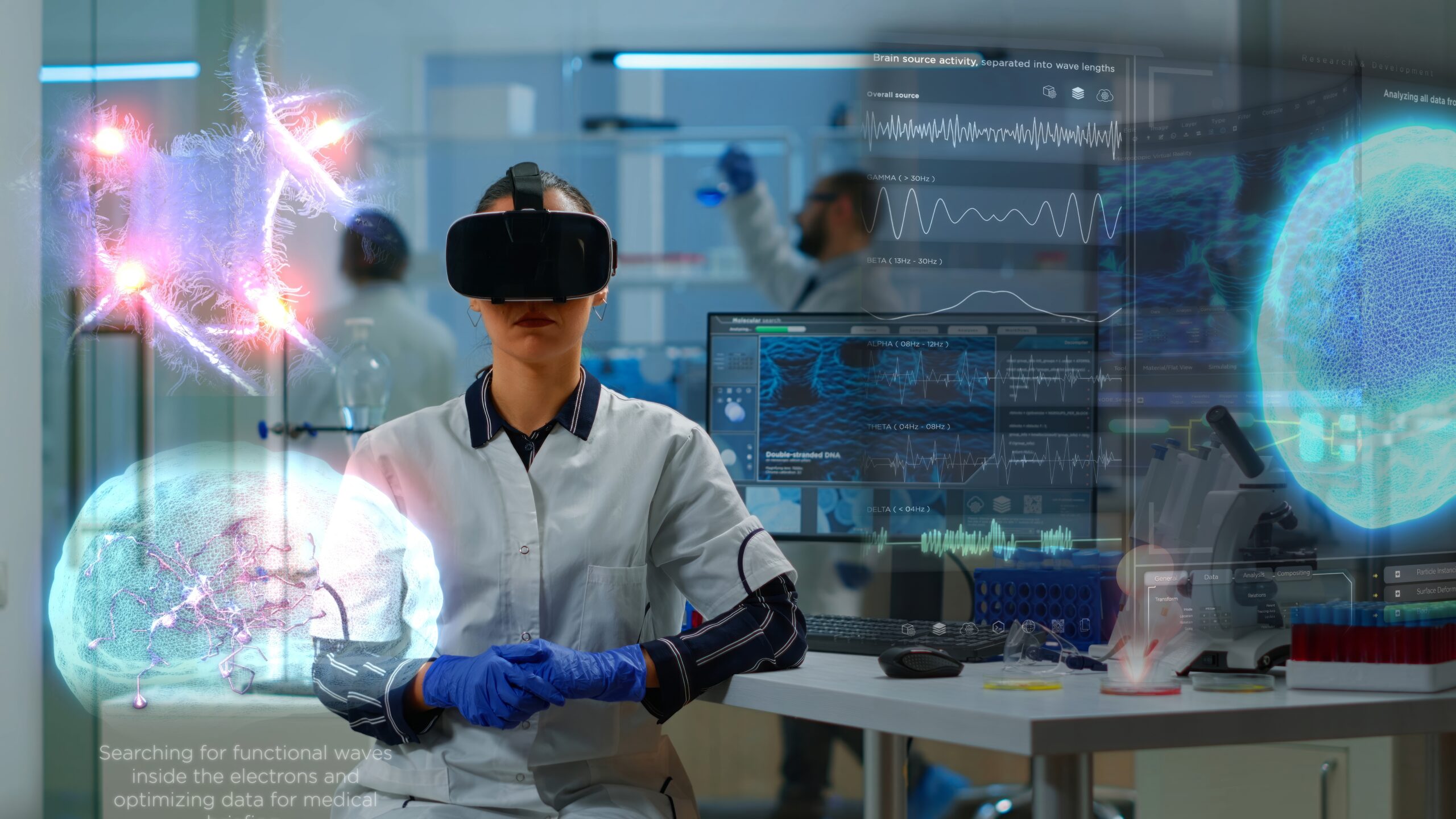Automation
Take your first step towards a digitized future with DIZ, your local European Digital Innovation Hub in North East Romania. Whether you’re part of an SME or a public institution, we’re here to provide you with top-tier digital culture and skills programs, tailored to suit your specific needs.
Harness the power of the TOSC Model: Technology, Organization, Skills, and Culture – a comprehensive approach that covers the critical dimensions of digital implementation.
Courses in this learning path:
1. Introduction to Automation
Course Description and Learning Objectives:
• This course introduces the fundamentals of automation, its historical development, and its role in modern industry. Students will learn about different types of automation systems and their applications.
Duration: 4 weeks
2. Basics of Programming
Course Description and Learning Objectives:
• Covering basic programming principles, logic, and common languages like Python and Java, this course lays the groundwork for coding automation systems.
Duration: 8 weeks
3. Industrial Control Systems
Course Description and Learning Objectives:
• This course provides an in-depth understanding of industrial control systems, including Programmable Logic Controllers (PLC) and Supervisory Control and Data Acquisition (SCADA) systems, which are essential in modern automation.
Duration: 6 weeks
4. Robotics in Manufacturing
Course Description and Learning Objectives:
• This course covers the basics of robotics in manufacturing, including types of industrial robots, their applications, and principles of operation.
Duration: 6 weeks
5. Sensors and Instrumentation
Course Description and Learning Objectives:
• Learners will understand the crucial role of sensors and instruments in automation. The course covers different types of sensors, their functionalities, and their integration into automation systems.
Duration: 6 weeks
6. Automation Systems Design
Course Description and Learning Objectives:
• This course involves the design of automation systems, including understanding specifications, creating design documents, and selecting appropriate hardware and software.
Duration: 8 weeks
7. Programming for Automation
Course Description and Learning Objectives:
• Building on basics of programming, this course focuses on programming specifically for automation, including writing and debugging code for PLCs, robotics, and other automation equipment.
Duration: 10 weeks
8. Human-Machine Interface (HMI) Design
Course Description and Learning Objectives:
• This course focuses on the design of effective, efficient, and user-friendly human-machine interfaces (HMIs) for automation systems.
Duration: 6 weeks
9. Project Management for Automation
Course Description and Learning Objectives:
• This course covers the principles of project management as they apply to implementing automation systems, including planning, coordinating teams, managing risks, and ensuring quality.
Duration: 6 weeks
10. Automation System Maintenance
Course Description and Learning Objectives:
• This course teaches the essential maintenance practices for automation systems, including preventive maintenance, troubleshooting, and upgrading systems.
Duration: 6 weeks
11. Cybersecurity for Automation Systems
Course Description and Learning Objectives:
• Given the increasing connectivity of automation systems, this course covers the principles of cybersecurity as they apply to automation, including protecting systems and data from threats.
Duration: 6 weeks
12. Capstone Project
Course Description and Learning Objectives:
• A final project where students apply all they’ve learned to design, implement, and troubleshoot a small-scale automation system.
Duration: 12 weeks





